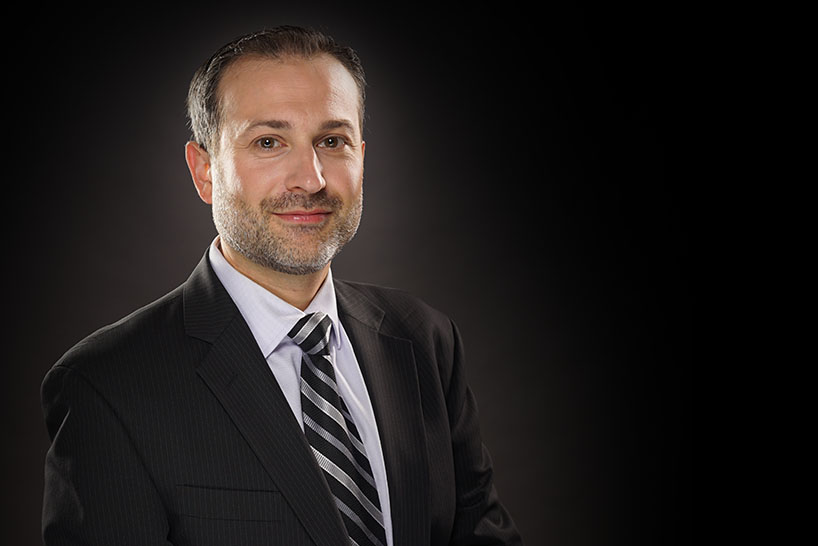Medicaid
Medicaid is the joint federal and state program that pays for medical care to people who cannot afford it, as well as to people who are permanently or chronically ill or disabled. For eligible persons, Medicaid can pay for many different care services, such as doctor and hospital visits, medication, medical supplies, home care attendants or long term nursing home care bills.
Although Medicaid is generally a program for people of limited assets and income, under New York law, with proper elder law planning, people who have assets and incomes above the level needed to qualify for public assistance can still qualify for Medicaid. Elder law lawyers can help you to navigate this complex qualifying system through proper Medicaid planning.
Medicaid Eligibility
The cost of long-term care can take away your savings quickly. Your plans for retirement and to leave assets to your children can be ruined by long-term illness and the need to live in a nursing home. But Medicaid is a program for people of very limited assets and income, and most people are not eligible because their income is too high or they have too many assets. One option to meet the eligibility requirements is to simply spend your excess assets. However, this could leave you in poverty and will also keep you from leaving anything to your family after your death.
Medicaid Planning
Medicaid planning is a method of advanced estate planning that can help you become eligible for Medicaid assistance and help save your money, even if your income and assets are too high to otherwise qualify. Because of certain rules allowing Medicaid to look at your assets years before you apply, it is important to do Medicaid planning early—at least 5 years before you may need a long-term care facility. Even if planning was not done early, an elder law attorney may still be able to help you qualify for Medicaid.
Medicaid planning tools can help avoid the pitfalls of Medicaid eligibility. They include:
- Buying long-term care insurance
- Making gifts of cash and assets to family members
- Planning with the purchase of annuities
- Transferring title to your house while holding on to some rights to it
- Placing certain assets into an irrevocable Medicaid planning trust
- Placing excess income into a trust managed by a not for profit organization
Proper use of these techniques can lower the income and asset base that Medicaid will use to decide if you are eligible. This can allow you to get Medicaid benefits, yet still keep some money to live on and even to pass on to your children.
Legal Editor: Michael L. Kaplan, April 2015
Changes may occur in this area of law. The information provided is brought to you as a public service with the help and assistance of volunteer legal editors, and is intended to help you better understand the law in general. It is not intended to be legal advice regarding your particular problem or to substitute for the advice of a lawyer.
Our Lawyers

Gary K.
LRS Lawyer
Our lawyers are screened and approved – they have all gone through an application and interview process. Each lawyer we recommend has been screened for significant experience, knowledge of ethics codes and rules, and law office practices, including customer service skills and handling of fees and billing.
About Us
When you call us, you will be speaking with an attorney. One of our attorney referral counselors takes your call and talks with you about your legal question, or reviews your online referral request. There is no charge to speak with one of our attorney referral counselors -- we’re here to help.

